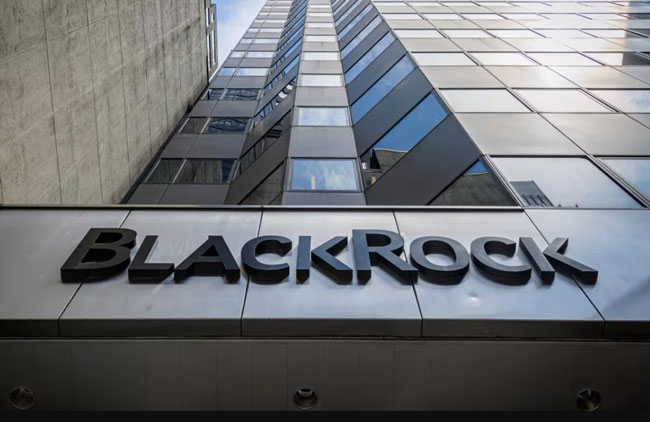
BlackRock Submits Application for Bitcoin ETF
BlackRock, one of the world’s largest investment management firms, has recently made a notable move in the cryptocurrency space by applying for a Bitcoin exchange-traded fund (ETF) in the United States. If approved, this would mark the first-ever Bitcoin ETF in the country.
The application filed by BlackRock signifies the growing recognition and interest in digital currencies among traditional financial institutions. An ETF would allow investors to gain exposure to Bitcoin without directly owning the cryptocurrency, making it more accessible and appealing to a broader range of investors.
While the Securities and Exchange Commission (SEC) has previously rejected several Bitcoin ETF proposals, market experts believe that BlackRock’s strong reputation and influence in the financial industry could potentially enhance the chances of approval this time. If the application receives the green light, it would be a significant milestone for both BlackRock and the cryptocurrency industry as a whole.
The introduction of a Bitcoin ETF would provide institutional investors with a regulated and secure vehicle to invest in Bitcoin, potentially leading to increased adoption and mainstream acceptance of digital assets. Additionally, it could pave the way for the introduction of more crypto-based investment products in the future.
However, it is important to note that the SEC’s decision is still pending, and there are no guarantees of approval. The regulatory body has expressed concerns regarding market manipulation, custody, and investor protection in relation to cryptocurrency-related investment products. As such, the application will undergo thorough evaluation and scrutiny before a final decision is reached.
The outcome of BlackRock’s Bitcoin ETF application will undoubtedly have a significant impact on the cryptocurrency market, as well as the broader financial landscape. Investors and enthusiasts will be eagerly awaiting the SEC’s decision, which could potentially open new doors for Bitcoin and cryptocurrencies as a legitimate asset class within the traditional investment ecosystem.




